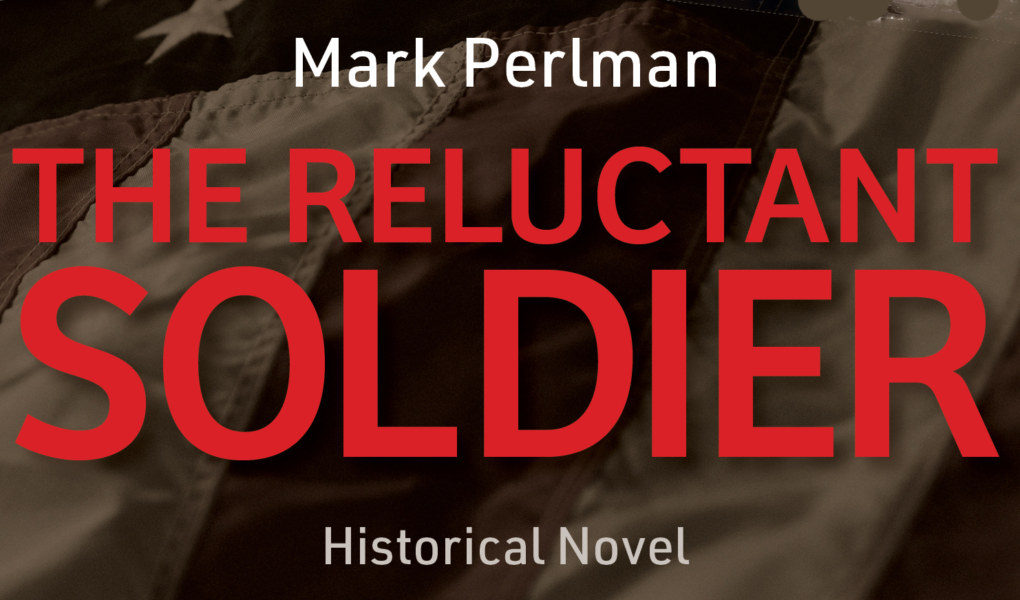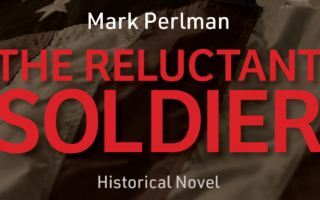The Event that Most Affected Adolph Hitler’s Life
Aside from the impact made by his loving, doting mother and
conversely, his stern, disciplinarian father, the single biggest factor
in shaping Adolph Hitler’s character was the catastrophe that was
the seminal event of the 20th Century, World War One.
Like many patriotic young men of the waring nations, Adolph
volunteered on the day that Germany declared war on France,
“Petitioning to be allowed to serve in the Bavarian forces although
he was an Austrian citizen,” Months before, the war began, he failed
a physical exam for military service.
Hitler was attached to the 16th Bavarian Infantry Reserve
Regiment as a private. This unit was assigned to the Belgium front,
opposite the British army, near the city of Ypres. His baptism of fire
came in late October 1914 at the First Battle of Ypres. Hitler served
at the dangerous assignment of messenger, or ‘runner’ and retriever
of lost soldiers. Due to his heroism, he was awarded the Iron Cross,
2nd Class and was promoted to Lance Corporal. “I passionately
loved soldering,” wrote Hitler to his landlord. He referred to the war
as “the greatest and most unforgettable time of my earthly
existence, an experience equivalent to 30 years’ university training in
regards to life’s problems.”
Two years after his experience at Ypres, he was wounded at the
Battle of the Somme. Hitler told his commanding officer that he was
eager to return to the front. Like no time previously in his life, Adolph
found a comradeship that became his new ‘family’. He would spend
time reading the works of Nietzsche and Schopenhauer. Hitler
became a believer that “a decadent Western Christian civilization
must be swept away in favor of a new type of self-willed heroic
superman who would be far above the common herd.”
He was to continue the perilous work as a runner for almost 4
years with his regiment. Most of his comrades tried to dull their
senses with wine, beer and tobacco in order to survive, but not
Adolph. A total of 3754 men of his regiment died during the war!
Hitler stated that a voice told him to move from where he was
standing one day; moments later a stray shell killed everyone in the
very place he had been standing. A fellow soldier stated, “man, for
you there is no bullet!” Hitler just grinned.
“According to Hitler’s comrade, Ernst Schmidt, it was not until
1918, when the German military effort began to falter, that Hitler
started to talk about politics in a consuming fashion.” Defeatist talk
by his comrades, infuriated him. Pacifists and shirkers would cause
Adolph to roil into a verbal diatribe, and occasionally physical fights.
Hitler received a 2nd Iron Cross, First Class in 1918 for his bravery
in rounding up British enemy as prisoners. He was wounded during
the attack. Ironically, this award was recommended by Lt. Hugo
Gutmann, a Jewish adjutant in his regiment.
While on recovery leave in Berlin, Hitler took out his irrational
hatred on anyone he saw as ‘impure’. He accused Jews of shirking
their military duty and profiting from the suffering at home. Actually,
the percentage of Jewish soldiers in the German Army was nearly
the same as non-Jews, with the same casualty rates.
Late in the war, Hitler became a poison gas victim. While in the
hospital, he was told that Germany had surrendered. Shocked, “he
buried his head in a pillow and went into psychosomatic blindness
for a week.”
Hitler found meaning, comradeship, validation, and purpose
during his 4-year experience that was ‘hell on earth’. He became a
devout disciple of the ‘super race’, purity of the Arian race, and the
force of will philosophy. With this new ‘religion’, he became a
political activist, believing that he was a man of destiny.

